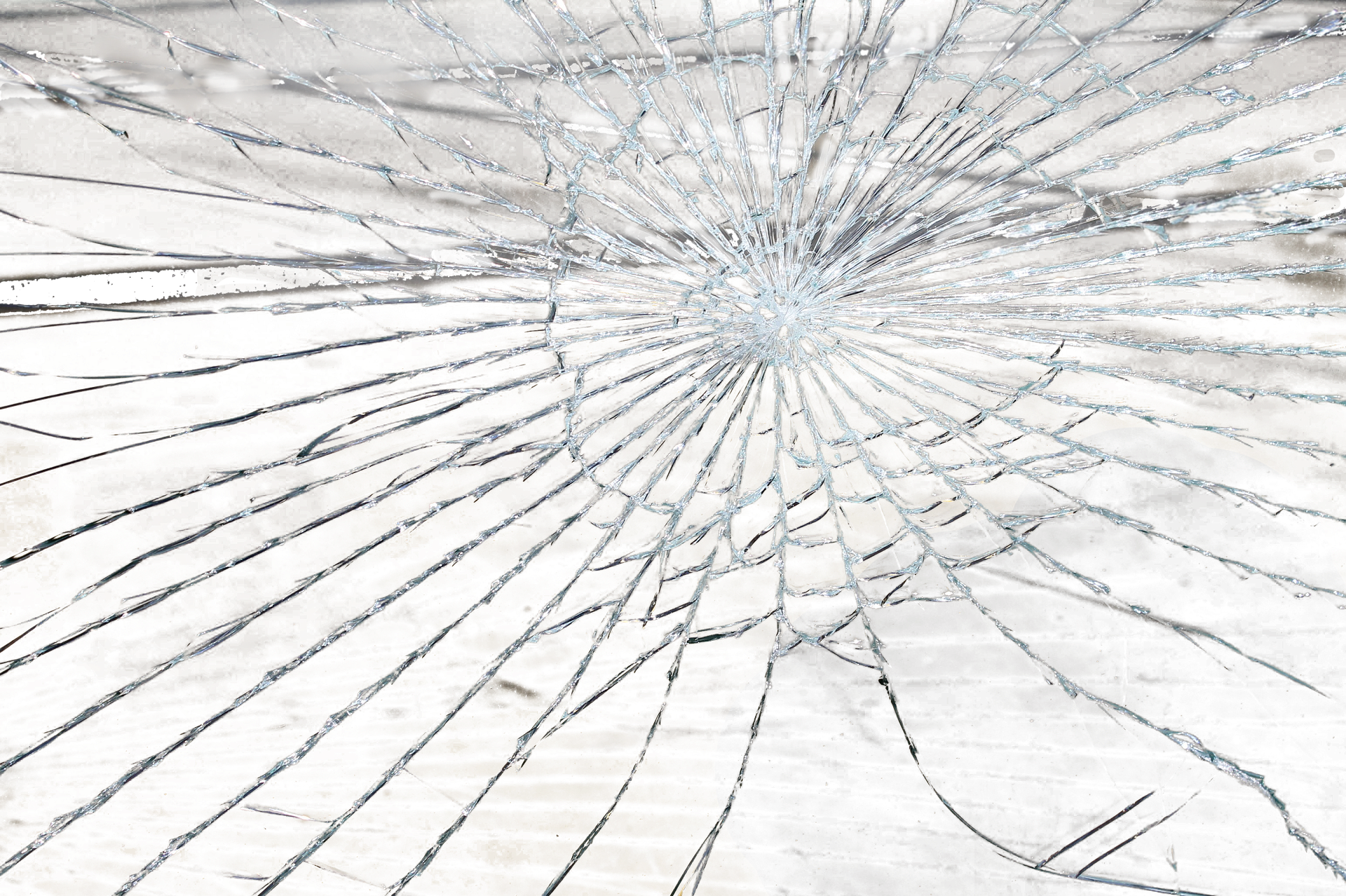Forty years ago, I learned two lessons, distilled from studying some of the great books of our civilization.
What you resist persists.
And…
Your happiness is based on where you concentrate your attention.
Putting these together has always served me well.
So when, two weeks ago, I discovered that some thieves in a Los Angeles parking garage had smashed our car’s back window and extracted both Laurie’s and my laptops, I went through a well-rehearsed sequence.
It’s my pleasure to share this with you — take from it what you will.
Step One:
Staring at the mangled back door (the industrious fellows had tried to pry it open with a crowbar first) and smashed glass, I gave myself a budget of five minutes to be furious about it.
It wasn’t pretty. These budgeted rages never are.

Not what I was expecting!
I roared and cursed like a madman.
Then I realized about two minutes in, as I always do, that five minutes was actually much more than I needed.
Understanding that what you resist persists and giving yourself license to vent your rage with abandon, you’ll find it surprisingly difficult to go a whole five minutes before you feel utterly spent.
The best way to get past anger is to let it flow in a torrent of words. Anyone who knows me will tell you I’m a cheerful, relaxed guy.
It’s my willingness to verbally express my anger without inhibition for a brief, intense period that buys me so much peace.
Usually, I do it in a private spot, but in this case, I raged out right there in the garage, which had the intended effect of bringing the security guard running. By the time he came into sight, I was already getting past the anger.
Step Two:
By minute four, as I felt my familiar calm return, the second principle resumed its usual uppermost position in my thoughts.
So from that moment, and over the next two weeks, I did not give another thought to the thieves. Instead, I concentrated my attention upon:
- The garage security guard, who helped us report the crime to the LA cops, brought over a friend with a vacuum cleaner to remove the glass chips and then expertly taped plastic over the shattered window so we could drive home to Phoenix
- The brilliance of modern cloud-based computing. Within one hour of the theft, both Laurie and I used our smartphones to “lock” our laptops, rendering them useless to anyone else the moment they attempted to go online
- My insurance agent, who was the soul of kindness as he led us gently through the reimbursement process
- Our auto body shop (Tempe AutoNation Collision Center — shout-out!), which did such a wonderful job of fixing the damage that the car looked better than it did when we bought it, slightly used, three years ago
- The amazing performance of my replacement laptop. Truth be told, the stolen one’s batteries and hard drive were dying, and I love the MacBook Pro that replaces it
- The wonder of Google Docs, which ensured that I did not lose a single file, since this service exists entirely online. (Perhaps this seems mundane to you kids out there, but as a guy who has owned a personal computer since 1980, it seems rather miraculous that one can lose a computer and not one bit of data.)
Bottom Line
Always there is no shortage of people expressing their view that the world is on the brink of disaster.
Fortified by these two “rules” — especially the second one — I could not disagree more.
The good in the world remains, as always, so staggeringly ubiquitous that we can scarcely notice it.
Each calamitous event, as always, clusters around it dozens of joys and kindnesses, if we will only choose to see them.
In this one small example, the selfish actions of one crook set off a cascade of countless gracious and selfless acts — so many, so wonderfully done, that one almost ends up glad for the odd, rare bit of selfishness that set them in motion.
Which leads to the paradoxical conclusion that perhaps even the crooks themselves did us a kindness.
Let’s become even more proficient at concentrating upon what we want, enjoy and find beautiful.
I guarantee — it will be there. As always, all we’ll need to do is notice it.
To your robust health,

Brad Lemley